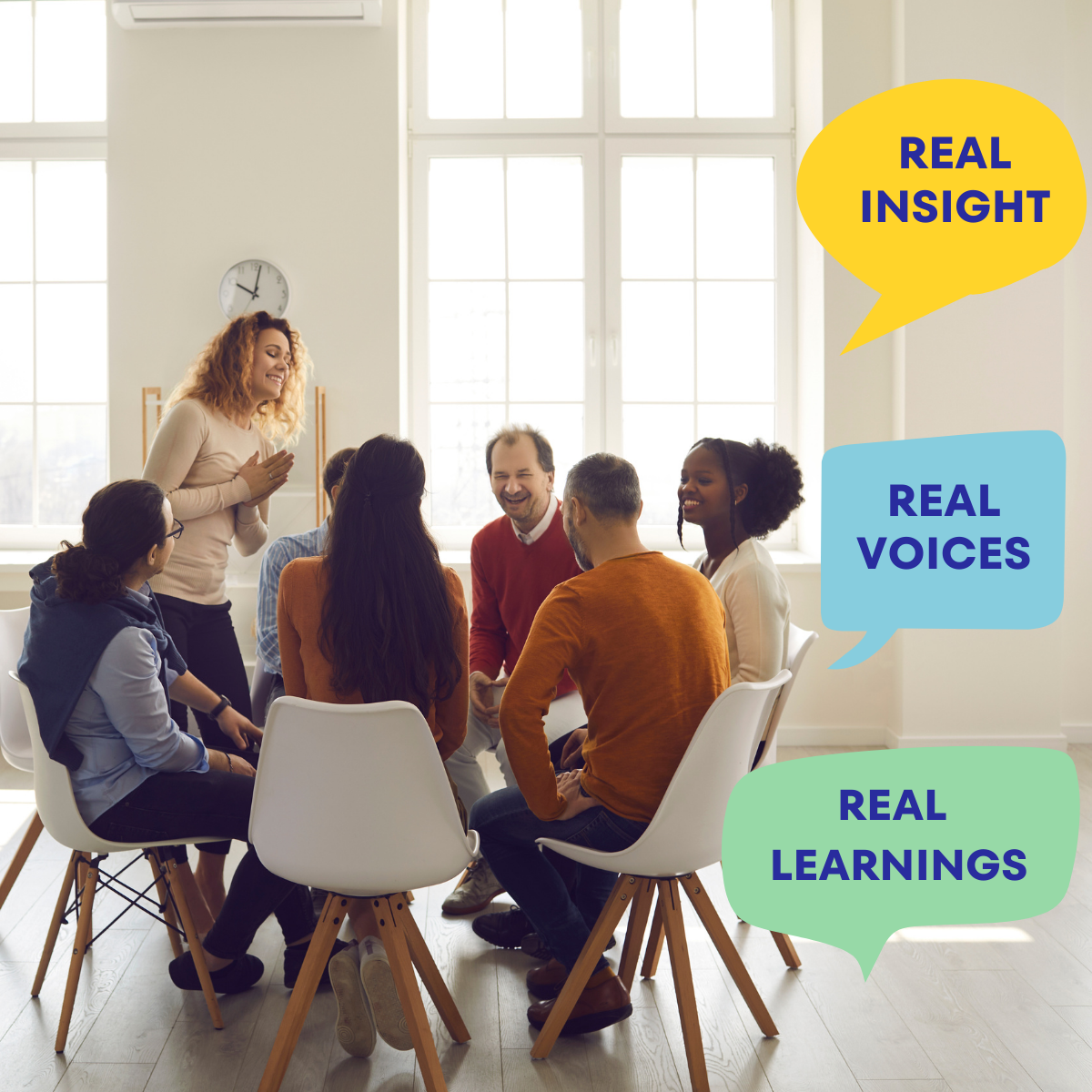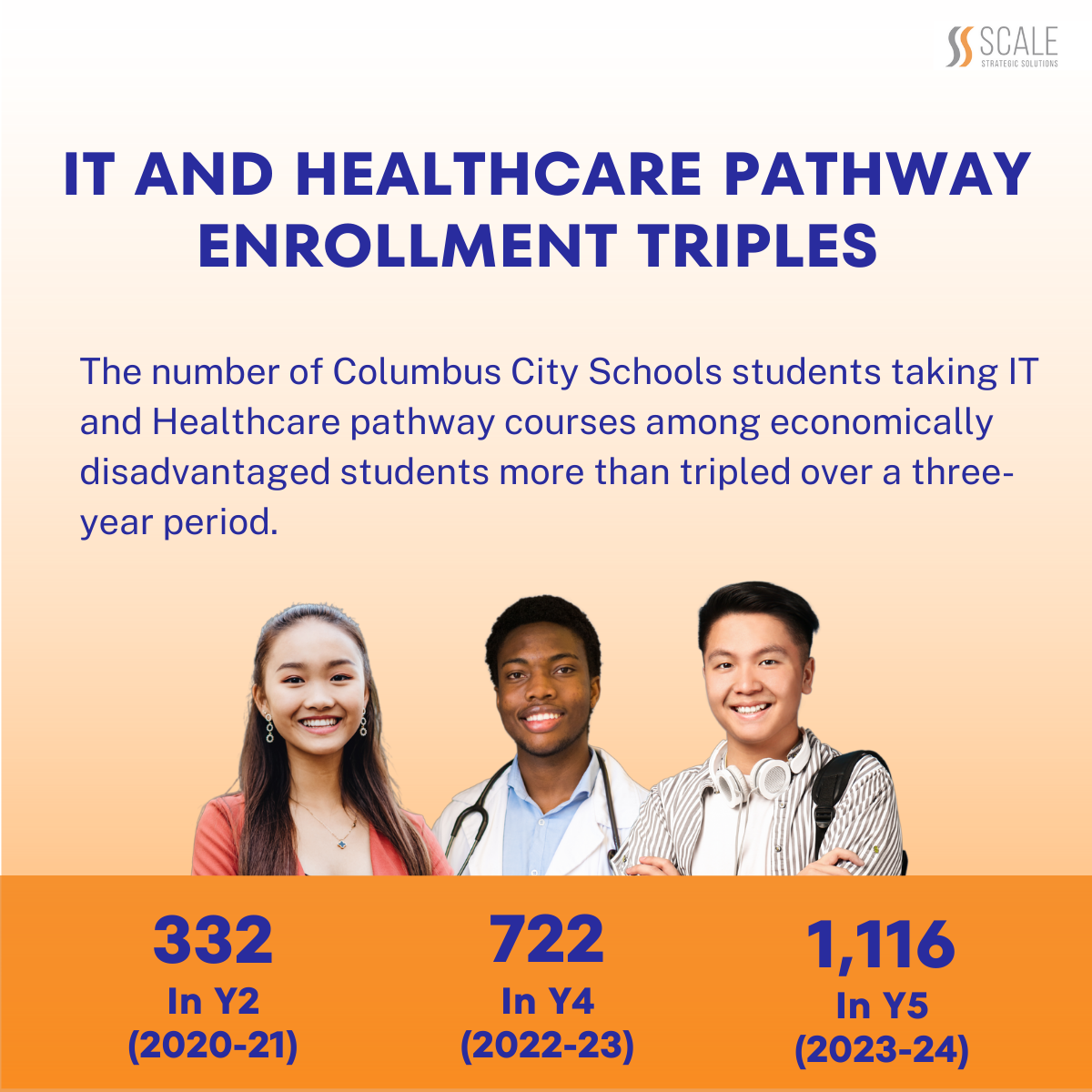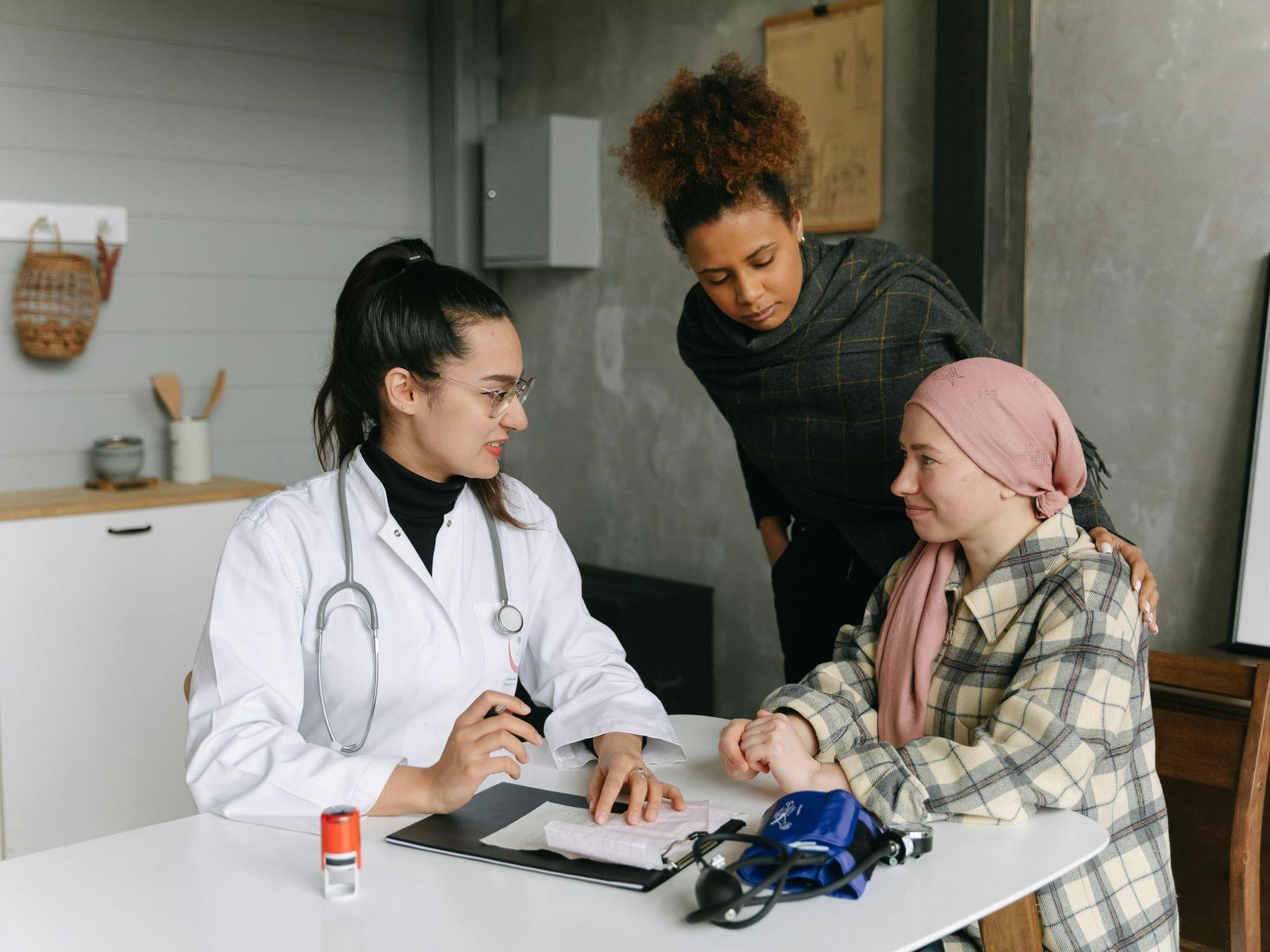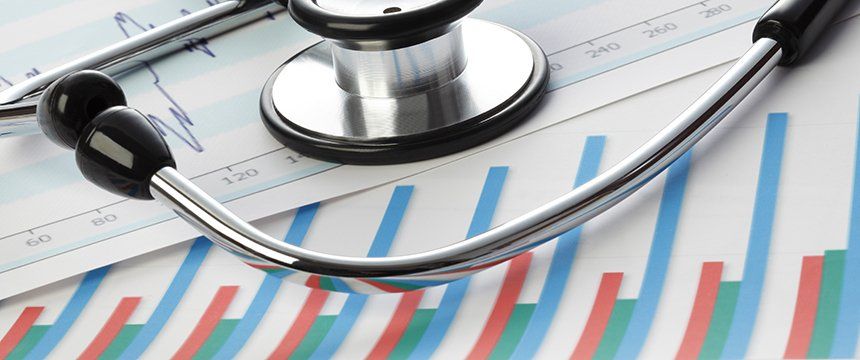Making Good Things Happen
A blog that informs our clients about real world topics related to what we do as Scale Strategic Solutions!
Social-Emotional Learning Part 1: Holistic Educational Healing Post-Pandemic
The COVID-19 pandemic has turned life upside down on every plane of being: mentally, physically, emotionally, academically, spiritually, medically, socially, and economically. Disparities that have long existed among marginalized and underrepresented people have become even more exacerbated along these lines. The worsening inequities have been highlighted by disrupted school schedules, technology challenges, fear of catching the disease, the loss of loved ones, social isolation, and grieving for the life that was. We need social and emotional learning now more than ever.
In this first of two posts, the concept of social and emotional learning is explained with some highlights of work in K-12 education on the topic.
What is the origin of social and emotional learning (SEL)?
SEL is an ancient concept with beginnings as old as ancient Greece. In one of his publications, Plato proposed a holistic offering of subjects such as reading, writing, math, science, and physical education balanced with the ‘soft’ skills like character, the arts, ethics, and moral judgment. “By maintaining a sound system of education and upbringing, you produce citizens of good character,” he explained.
Preparing young people to be productive, responsible, caring, and accountable are ancient goals that continue today. The big question now for modern school systems is: What’s the best way to do this? While this is a relatively recent and evolving focus of study and practice, it is the main question SEL tries to answer.
What is SEL?
The Collaborative for Academic, Social, and Emotional Learning (CASEL) defines social and emotional learning as “the process through which all young people and adults acquire and apply the knowledge, skills and attitudes to develop healthy identities, manage emotions and achieve personal and collective goals, feel and show empathy for others, establish and maintain supportive relationships, and make responsible and caring decisions.”
Research from the Aspen Institute asserts that "the success of young people in school and beyond is inextricably linked to social and emotional development.” Social-emotional learning has been shown to positively impact economic mobility and mental health outcomes. Developing these skills in our students is an important part of meeting the needs of the whole child. While it is generally accepted that SEL is beneficial for children, it is equally important for the adults in their lives (teachers, parents, administrators, coaches, counselors, etc.) to be equipped with evidence-based instruction, professional development, and resources to complement what the children are learning.
SEL In Schools
In Each Child, Our Future, Ohio’s strategic plan for education, social-emotional learning is one of four equal learning domains supporting Ohio’s goal of preparing each student in Ohio for postsecondary life. Through a stakeholder-driven process, Ohio teachers, school counselors, and education personnel developed Ohio's Social and Emotional Learning Standards for grades kindergarten through 12 (K-12). The Ohio State Board of Education adopted the social-emotional learning standards in June 2019.
Resources for schools in Ohio and across the nation include:
The Collaborative for Academic, Social, and Emotional Learning (CASEL): https://casel.org/
Ohio Department of Education’s Social and Emotional Learning Resources: http://education.ohio.gov/Topics/Learning-in-Ohio/Social-and-Emotional-Learning/Collaborative-for-Academic-Social-and-Emotional
The Center for Social-Emotional Learning Cincinnati, http://www.csel-cincinnati.org/
In the Scale Strategic Solutions May 2021 blog, we will focus on SEL resources for educator and school staff self-care and professional development.

The end of the year invites us to pause, reflect, and appreciate the tools, resources, and rituals that help us do impactful work. At Scale Strategic Solutions, we spend our days turning information into action, supporting businesses as they clarify their vision, understand their impact, and strengthen their systems.
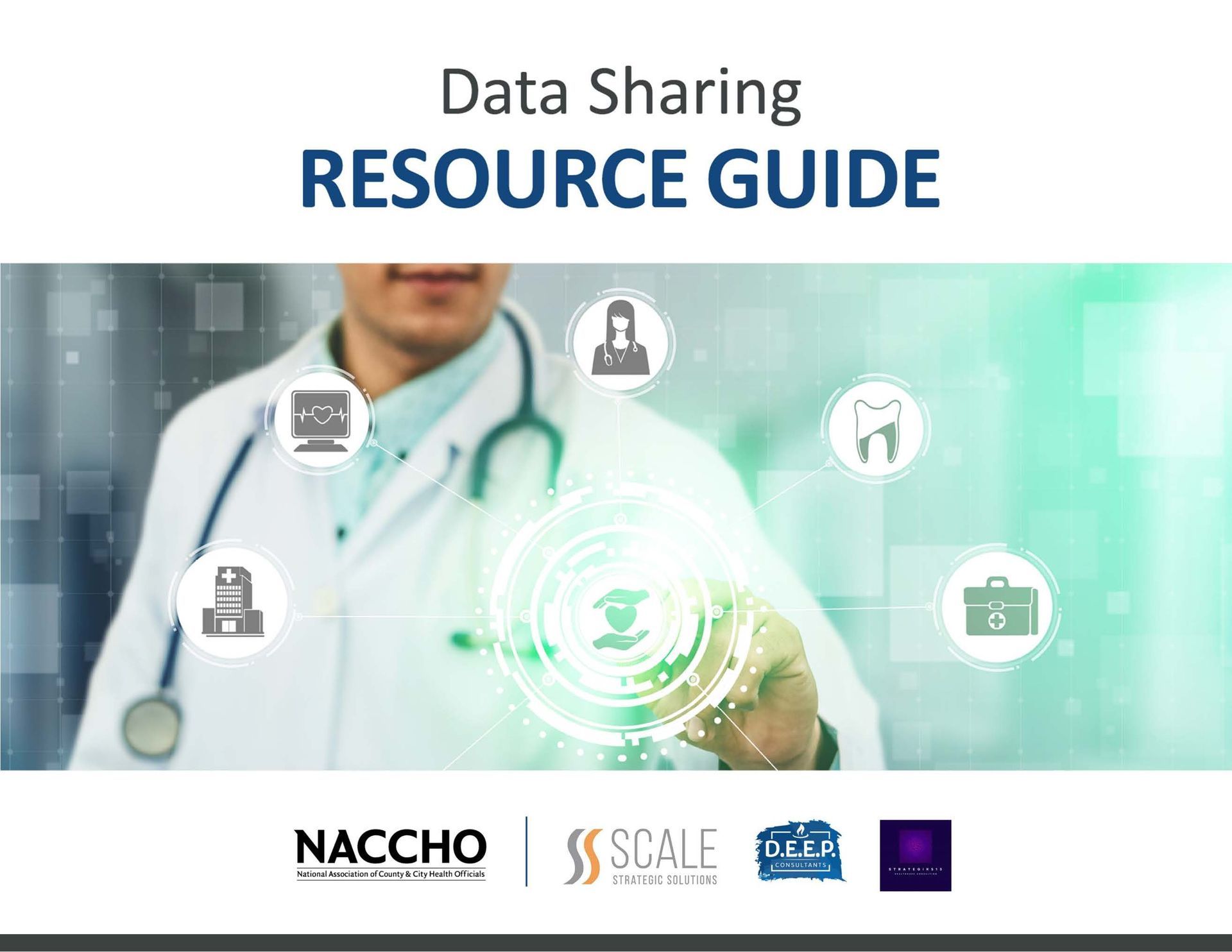
In today’s data-driven world, local health departments (LHDs) play a critical role in shaping community health and advancing equity. Yet, to do this effectively, they need more than just national trends, they need access to localized, granular data that reflects the real conditions on the ground. Data sharing is not only a technical challenge but a strategic community-focused practice. When LHDs collaborate with community organizations such as schools, hospitals, social service agencies and law enforcement, they unlock new pathways to address public health challenges more effectively. Local data allows communities to identify emerging health threats, evaluate the impact of programs, and understand how the Social Determinants of Health influence well-being. Scale Strategic Solutions, in partnership with D.E.E.P. Consultants and Strategik513, is proud to announce the development of a robust, strategic roadmap designed to support public health professionals in leveraging data to improve population health outcomes and reduce disparities. Our team of subject matter experts collaborated closely with the National Association of County and City Health Officials (NACCHO) and local health departments to gain firsthand insights into the challenges and opportunities surrounding data sharing practices. This discovery process informed the creation of two key resources aimed at building data capacity in the field. The "Increasing Data Sharing Capacity for Local Health Departments" asynchronous training, alongside the complementary Data Sharing Resource Guide , are now available on NACCHO University , the organization’s online learning platform. At Scale, we are committed to advancing the culture of data sharing within public health ecosystems. These resources were developed to meet practitioners where they are, offering flexible, high-impact tools to drive meaningful improvements in health equity and data-driven decision-making. If your organization is interested in learning more or would benefit from a customized training solution tailored to your specific data sharing needs, we invite you to contact us . Together, we can empower local health leaders with the tools and knowledge needed to transform data into action.


